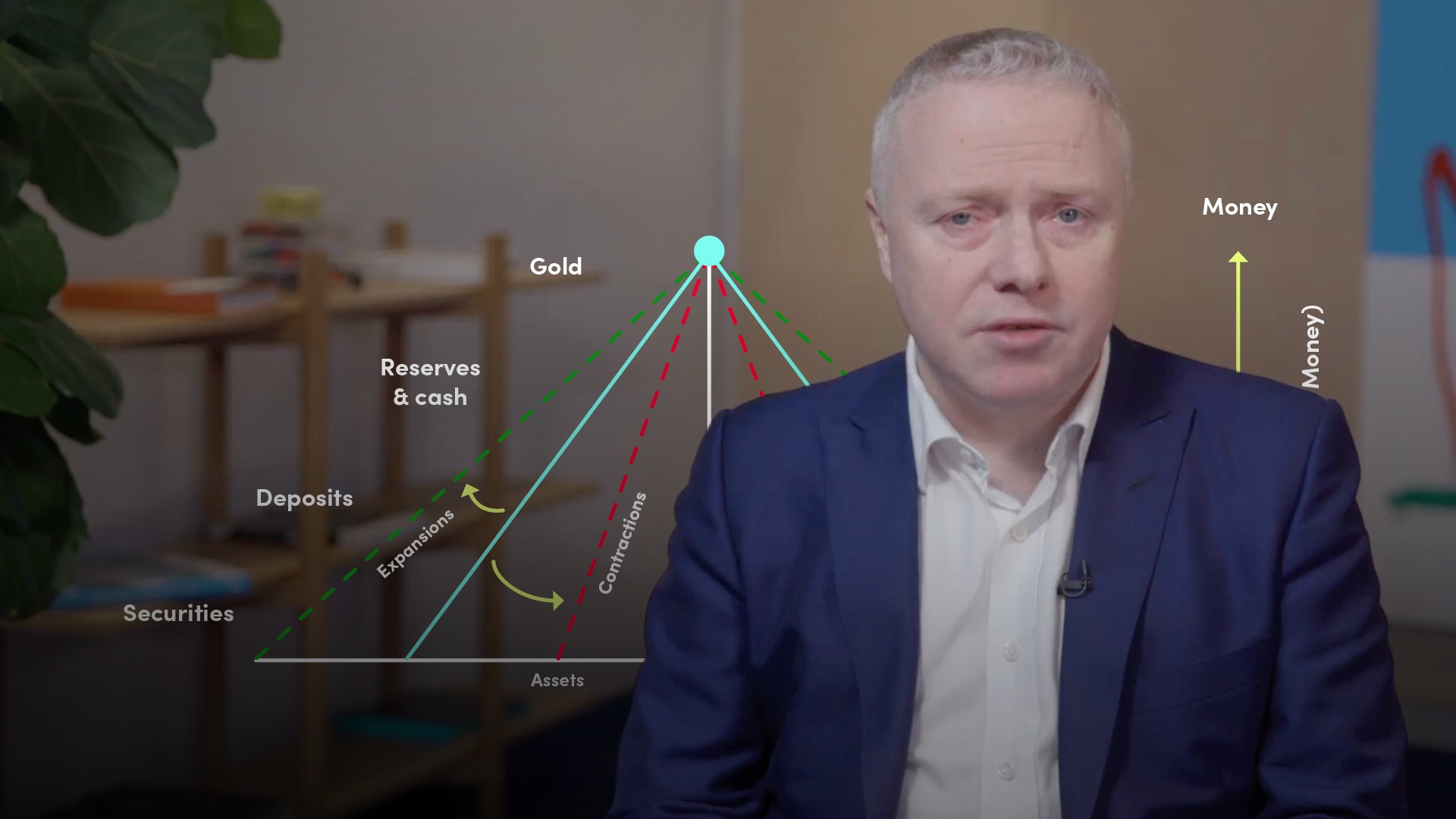
European Sovereign Debt Crisis
The euro area sovereign debt crisis, which emerged in the wake of the Global Financial Crisis that erupted in 2008, was caused by serious debt sustainability issues in euro area peripheral member States – Cyprus, Greece, Ireland, Italy, Portugal and Spain. These countries had to be bailed out by the European Central Bank, the European Commission and the International Monetary Fund on condition of economic and administrative reforms framed by deep austerity. In essence the crisis was caused by severe macroeconomic and fiscal imbalances in the euro area and the lack of tools available within the European Monetary System (cf.) to prevent it. Peripheral countries’ membership of the euro area had lowered borrowing costs and led to significant capital transfers. This led to a material increase in public and private indebtedness geared around consumption and a housing bubble. Peripheral EZ countries ended up running enormous current account deficits (cf.). The crisis erupted when Greece found itself unable to access financial markets, which set off a domino effect on other peripheral countries. The crisis became deeply political as euro break-up was contemplated by some affected countries.




























